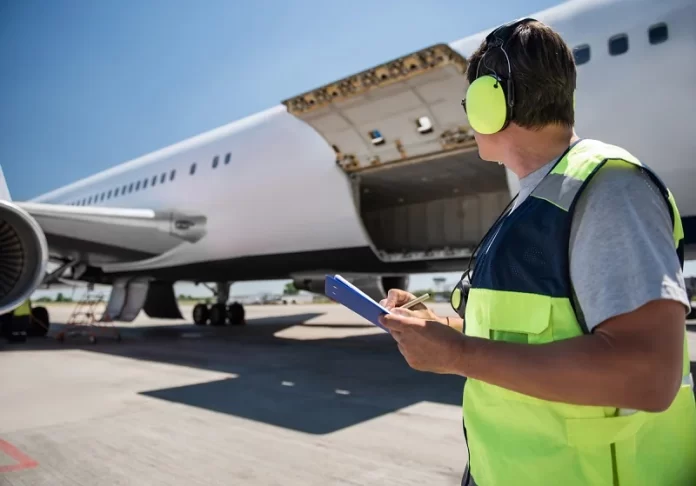Rapid technological improvements in recent years have had a profound impact on airport operations in the aviation sector. New technologies are revolutionizing many facets of airport administration, including logistics and maintenance as well as security and the passenger experience. Emerging technologies for airport operations, such as autonomous drones and blockchain-based tracking systems, are revolutionizing the efficiency and safety of airport technologies.
This article examines some of the major technological advancements that are changing how airports operate.
Table of Contents
1. Facial recognition and biometrics
Airports all over the world are implementing biometric technologies, such as facial recognition, to improve security and speed up the passenger screening process. Biometrics can considerably shorten wait times and improve overall efficiency by precisely confirming travelers’ identities.
2. The “Internet of Things”
The Internet of Things (IoT) enables communication and data sharing between various systems and devices. IoT solutions can be used in airports to monitor and control vital infrastructure, including baggage handling systems, security cameras, and environmental controls, improving operational effectiveness and upkeep.
3. Virtual reality (VR) and augmented reality (AR)
Airport operations can benefit from the immersive experiences that AR and VR technologies can provide. VR may be used to train personnel in a variety of circumstances, such as emergency protocols, while AR can be used by maintenance professionals to access real-time information and instructions while checking equipment.
4. Automation and Robotics
In airports, robotic devices are being used for security, baggage handling, and cleaning duties. Processes are being streamlined, and human error is being decreased, thanks to automation technologies like drones and driverless cars. These developments increase operational effectiveness while cutting expenses.
5. Comprehensive Security Checks
Modern explosive detection devices and millimeter-wave scanners, for example, are enhancing passenger safety while speeding up the screening procedure. These devices offer more precise and effective danger detection, increasing airport security procedures.
6. Blockchain 7
Blockchain technology has the potential to improve security and transparency in airport operations. It makes it possible to preserve records that are safe and cannot be altered, which is useful for things like tracking freight, confirming identities, and keeping track of maintenance. Additionally, the management of passenger data and cross-border transactions might be streamlined and made simpler via blockchain.
7. Large-Scale Data Analytics
Big data analytics can be used to take advantage of the enormous amount of data that airports produce. Airports can make data-driven decisions to improve resource allocation, estimate passenger flow, and optimize operations by examining passenger behavior, flight patterns, and other pertinent data.
8. Digital solutions and mobile applications
The passenger experience at airports is changing as a result of mobile applications and digital technologies. Travelers can use smartphone apps to check in online, get up-to-date flight information, find their way through airports, and even buy meals and make purchases. These solutions increase comfort, decrease waiting times, and improve the airport environment as a whole.
Conclusion
Airport operations are being revolutionized by new technologies, which improve security, effectiveness, and passenger experience. The aviation sector is being transformed by several critical technologies, including biometrics, IoT, AI, AR/VR, robotics, advanced security screening, blockchain, big data analytics, sustainable technologies, and mobile applications. Future travel for travelers around the world is predicted to be more seamless, secure, and sustainable as airports continue to adopt these advances.








